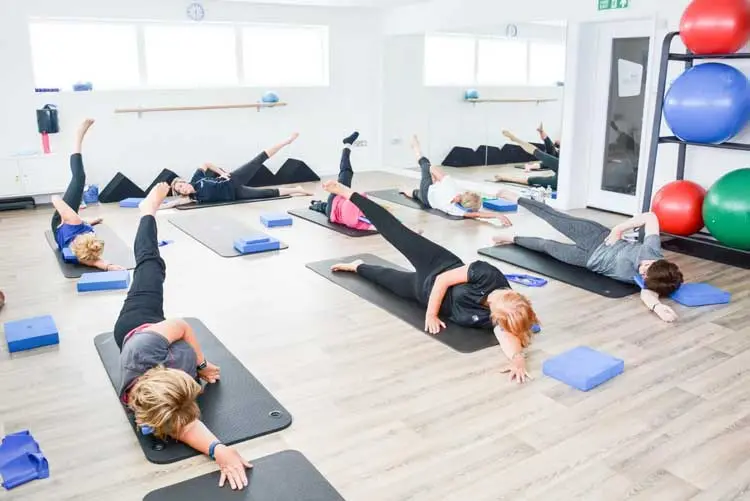UK businesses are failing health needs of their office-based staff – Workers appeal to bosses to take action that will help them lead healthier working lives.
The vast majority of office-based workers are aware of the health dangers of spending hours on end seated at their desks, but management is failing to respond to their needs, according to a survey to mark On Your Feet Britain day on Friday April 28.
Less than a third of line managers were reportedly either aware of the health risks of sedentary behaviour at work but not bothered, or were simply unaware of the issue.
In contrast, close to 90% of employees believed they ‘absolutely’ or ‘somewhat’ should be more active at the workplace, while only 5% thought they had no need to increase activity during their working hours.
On Your Feet Britain, now in its third year, is a free event run by the Get Britain Standing campaign in association with Active Working, a community interest company. More than 2,500 businesses have signed up to On Your Feet Britain, encouraging millions of staff members to participate in a variety of fun and simple activities in their workplace to allow them to #sitless and #movemore.
Growing scientific evidence indicates that sitting for more than four hours each day (however active a person you are outside the workplace) leads to multiple health risks (including cardiovascular disease, Type 2 diabetes, certain cancers and mental health problems).
More than three-quarters of respondents to the survey, of 250 business organisations across the UK, wanted to see clear leadership, encouragement and better education on active working solutions, 38% believed a complete culture change was necessary, and 34% wanted access to adjustable desks.
Only 28% of companies were said to be ‘very aware’ of the health risks of prolonged sitting, an encouraging 36% were ‘somewhat aware but keen to know more’, almost 22% were ‘somewhat aware but not that bothered’ and 13% were totally ignorant on the matter.
Almost 60% of co-workers questioned said they spend six or more hours a day seated during a typical office day and almost 90% spend upwards of five hours a day sitting down.
This despite more than 75% of office workers who replied to the survey confirming that they were ‘very aware’ of the health risks of prolonged or excessive sitting. A further 20% said they were ‘somewhat aware’ of the dangers of the ‘sitting disease’ but wanted to know more. Fewer than 5% were either unaware or simply not that bothered.
Almost a third of line managers were reportedly either aware of the health risks of sedentary behaviour but not bothered or were simply unaware of the issue. Only 28% of companies were said to be ‘very aware’ of the health risks of prolonged sitting, an encouraging 36% were ‘somewhat aware but keen to know more’, almost 22% were ‘somewhat aware but not that bothered’ and 13% were totally ignorant on the matter.
In contrast, close to 90% of employees believed they ‘absolutely’ or ‘somewhat’ should be more active at the workplace, while only 5% thought they had no need to increase activity during their working hours.
The average UK office worker sits 10 hours each day, with almost 70% of sitting taking place at work and 73 % only leaving their desk for toilet or tea breaks. Studies indicate that ongoing inactive behaviour is a risk for ALL employees, however fit and active they are outside the workplace.
“Employees across the country need to start asking for more activity in the workplace. No employee should be expected to sit for excessive or prolonged periods, like battery hens” says Gavin Bradley, Founding Director of Active Working. “On Your Feet Day is the perfect way to start experiencing the wellness and productivity benefits of sitting less and moving more. We are thrilled to see so many companies getting involved and engaged. We are all becoming increasingly aware of the importance of breaking up and reducing sitting time.”
On Your Feet Britain is a day when workers are encouraged to give their health a boost, converting sitting time to standing time by taking some simple actions. For example:
- Stand during phone calls
- Stand and take a break from your computer every 30 minutes
- Use the stairs rather than the lift
- Have standing or walking meetings
- Eat your lunch away from your desk
- Walk to your colleague’s desk instead of phoning or emailing them
- Stand at the back of the room during presentations



